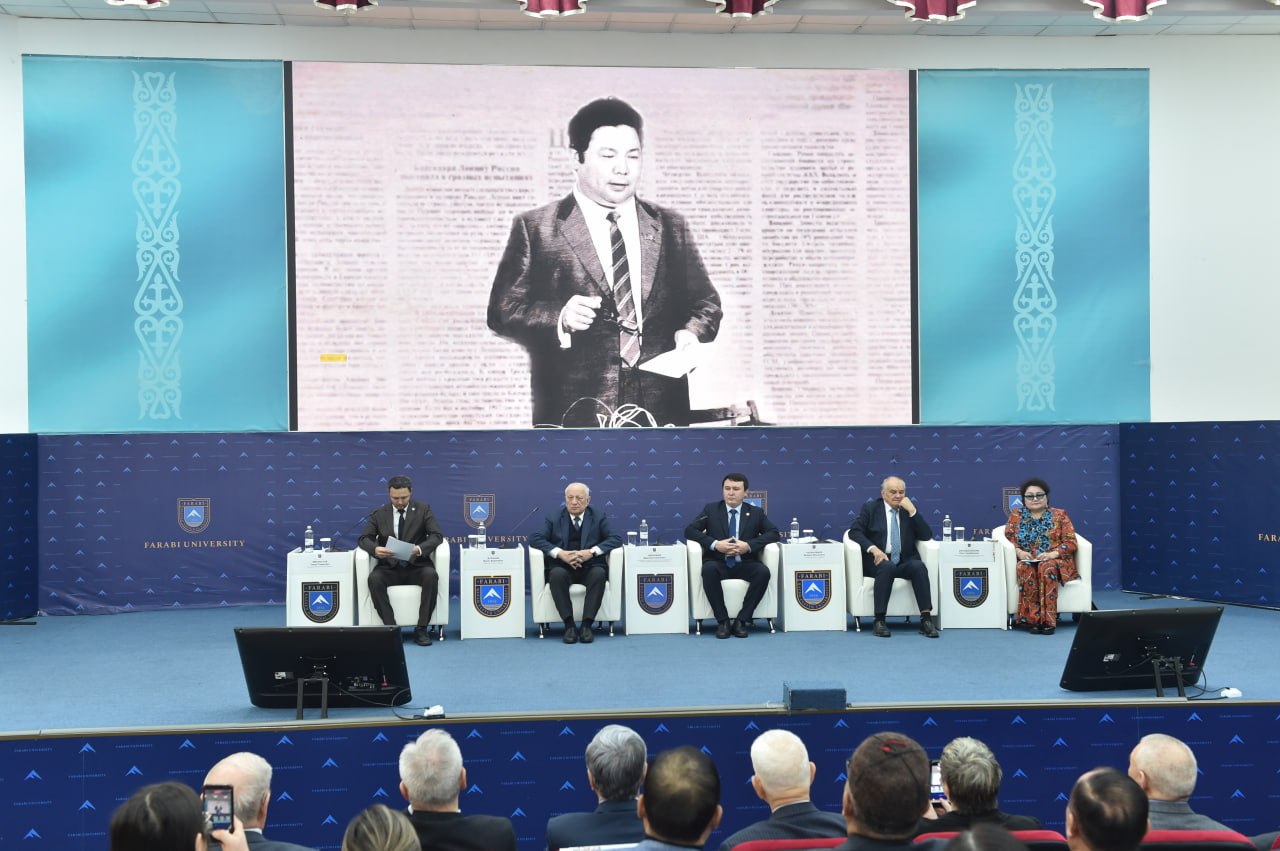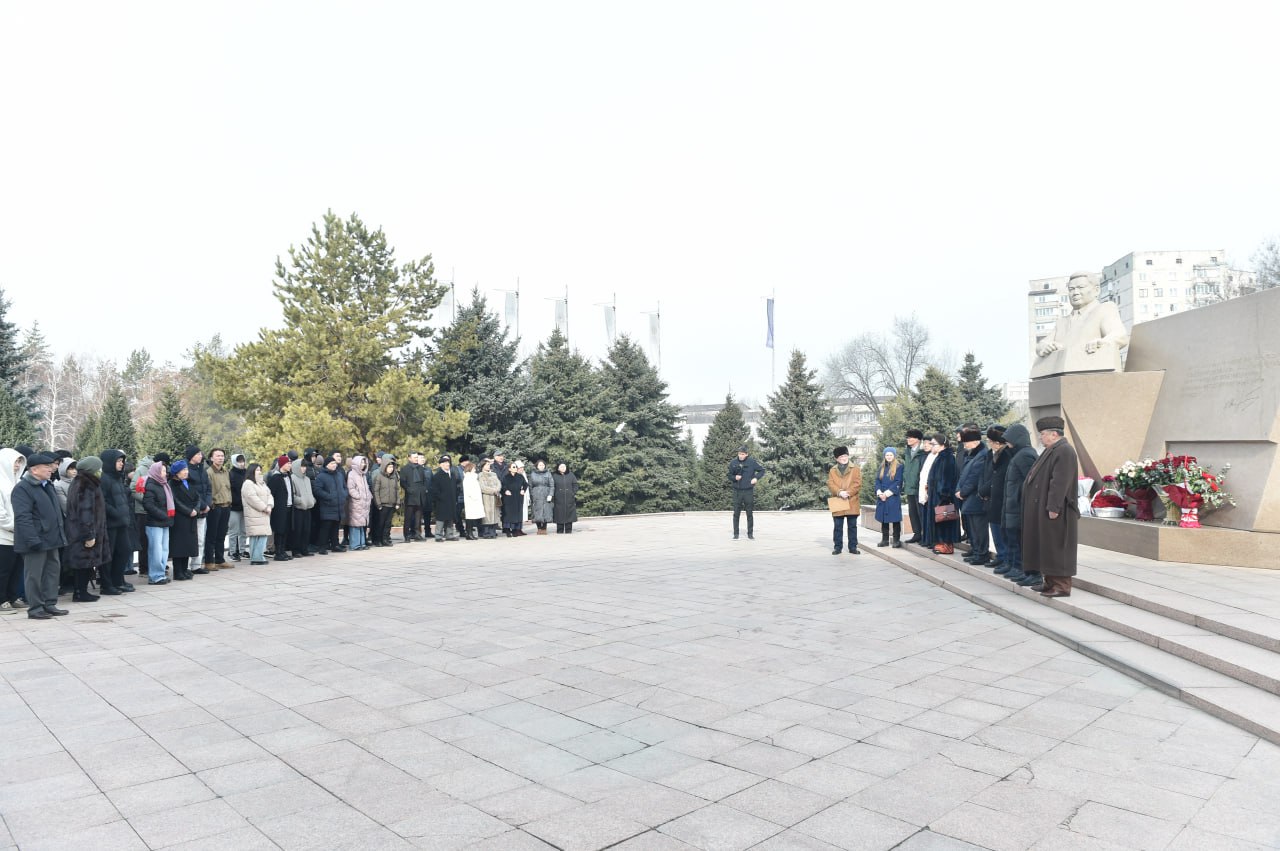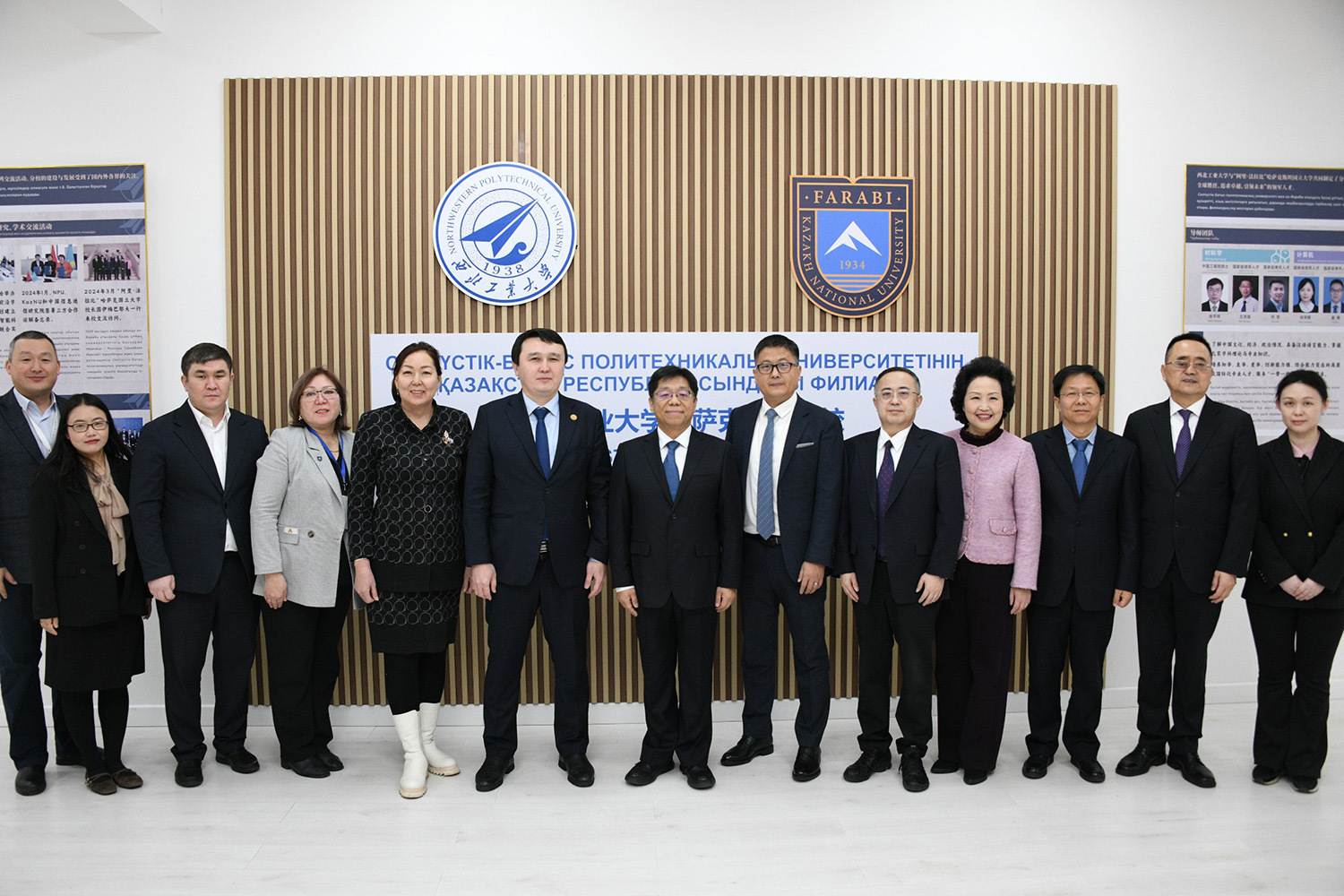When Science Becomes Strategy: On the Speech of Kassym-Jomart Tokayev
.jpeg)
President Kassym-Jomart Tokayev’s address at the meeting of the National Council on Science and Technology demonstrated a clear strategic vision for the future of Kazakhstan in the fields of science and technology. The President emphasized the need for an integrated approach: combining digitalization, the introduction of artificial intelligence, the development of nuclear energy, and the strengthening of human capital. Special attention was given to the integration of science into the economy and social spheres, as well as to active international cooperation. Overall, the speech provides a clear guideline for the scientific community and shows that the state views science not only as a tool of knowledge, but also as a strategic resource for national development.
Firstly, the President rightly noted that “the place of any country in the world is determined by the level of science,” highlighting the direct link between science and economic growth. In today’s world, technological advantage has become a crucial factor of national security and global influence. According to the President, Kazakhstan must actively develop digitalization and introduce artificial intelligence across all sectors of life. This approach is both timely and forward-looking, as digitalization opens new opportunities for improving productivity, enhancing the quality of services, and integrating the country into global technological chains.
Secondly, particular attention was paid to the strategic development of nuclear energy, rare metals, and the full cycle of nuclear fuel production. The President stated: “Today, 31 countries generate energy at nuclear power plants. Kazakhstan attaches great importance to cooperation with countries possessing advanced technologies in this field.” This highlights a pragmatic policy of using national resources to strengthen the country’s energy independence and technological base. At the same time, special emphasis is placed on developing human capital, which is a key condition for the success of any high-tech sector.
Thirdly, systemic support for the scientific community was outlined as a priority. The President stressed the need to create favorable conditions for young scientists, increase the number of grants and scholarships, and expand opportunities for doctoral studies. He pointed out: “Today, 90% of university graduates are bachelors, while the share of PhD holders does not even reach 1%.” This demonstrates the importance of building qualified scientific and engineering capacity, without which ambitious technological projects cannot be implemented.
The President also highlighted international cooperation and Kazakhstan’s integration into global scientific projects, including collaboration with the IAEA, CERN, and leading universities worldwide. This shows that Kazakhstan aims not only to use its resources effectively but also to gain access to advanced knowledge, technologies, and investments.
A notable element of the speech was the use of quotations to illustrate key points. For example, the Chinese proverb “where danger lurks, opportunity also hides” reflects the essence of scientific and technological competition. The words of Akhmet Baitursynov — “as science and art develop, misfortunes will diminish” — emphasize the practical value of science for society. Such references make the speech not only strategically well-founded but also inspiring for the academic community.
The President also touched on the climate agenda, stating that the international summits in Dubai and Baku “resemble large-scale fraud,” recalling Donald Trump’s description of climate change as “the greatest hoax ever perpetrated.” This sharp rhetoric reflects a pragmatic stance: Kazakhstan is ready to participate in global climate policy but expects concrete actions rather than empty declarations.
In general, the President’s speech demonstrates a clear and consistent vision for the development of science and technology in the country. It combines strategic priorities, concrete measures in digitalization, nuclear energy, and scientific support, while also encouraging international cooperation. These directions are critical for transforming Kazakhstan into a technologically advanced and sustainable state. Active involvement of the scientific community in implementing these tasks will strengthen the country’s global position and ensure long-term sustainable development.
.jpeg)



